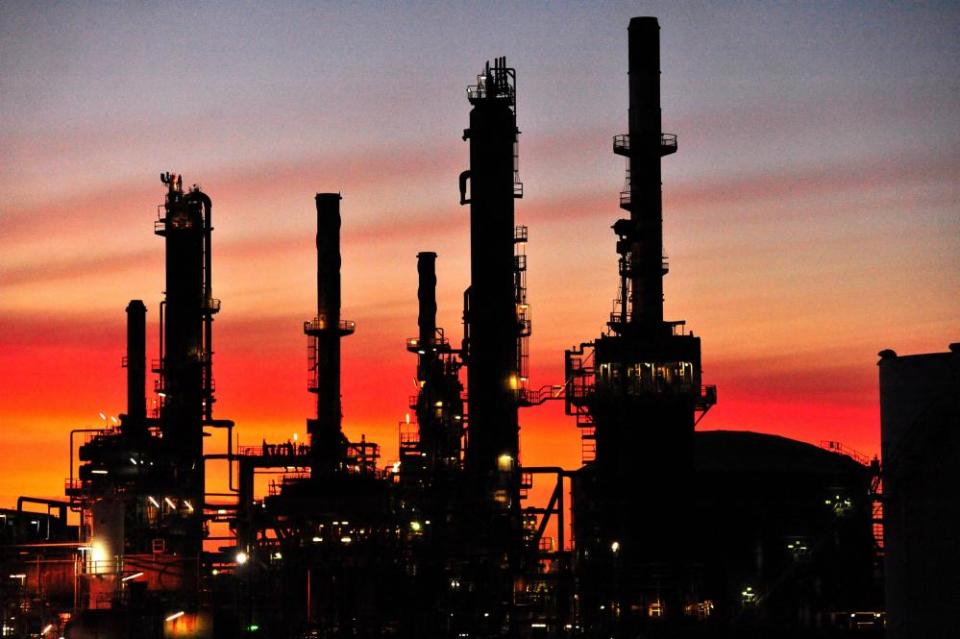Petroleum resource rent tax: Scott Morrison rules out changes in budget

The treasurer, Scott Morrison, says he will not make any changes to the petroleum resource rent tax in the budget, despite conceding some months ago that revenues from the tax have halved since 2012-13.
The government’s review of the PRRT, called the Callaghan review, was released on Friday after months of inquiries.
It has recommended taking a softly-softly approach to reform the tax, despite hearing from experts that the PRRT has failed to collect billions of dollars in revenue, and that Chevron’s huge Gorgon gas project off Western Australia will not pay the tax until at least 2030 in spite of decades of production.
The review found Australians were not necessarily being unfairly compensated by the PRRT regime for the exploitation of their natural resources.
But it also found some gas projects may never pay PRRT, thanks to high “uplift rates” for deductions that compound over the life of the projects.
It said future projects needed to avoid “excessively high uplift rates” for carrying forward deductions into future years when profits are stronger. At the moment, rates can be as high as the long-term bond rate plus 15 percentage points.
“The rationale for the current specific uplift rates is not entirely evident,” the report says. “A consensus needs to be reached on the conceptual basis for the uplift rates.”
The report has recommended some significant changes to the PRRT that will have an impact only on new projects, including changes to uplift rates, transferability and order of claiming deductions.
It has recommended other minor changes that will apply to existing and new projects, including changes to the way projects report to the Australian Taxation Office each year.
It does not recommend changes to the crude oil excise or commonwealth royalty schemes. None of its recommendations have any immediate material impact on the coming budget.
“The report emphasises that care must be taken in making any changes that could impact important projects that have made advanced plans based on existing arrangements,” Morrison said on Friday.
“Accordingly the government will consider the report outside the current budget, to enable comments to be received on the recommendations and provide a considered response in the next few months.
“In considering the findings and recommendations of the report, the government will take into account the need to ensure that the PRRT provides an equitable return to the Australian community from the recovery of petroleum resources without discouraging investment in exploration and development that is vital to the industry.”
He said the government had requested an additional consultation period to be run until the end of August, and the Treasury would have until the end of September to report back.
In November, when Morrison announced the PRRT review, it had come after months of disquiet about the effectiveness of the tax and warnings from the Tax Justice Network that Australia was set to blow another resources boom because the levy was failing to collect adequate revenue from the boom in liquefied natural gas exports.
At the time, Morrison said there had been no changes to the PRRT since 2012 and it was time to do so “in preparation for next year’s budget”.
“It is actually not primarily about revenue. It is important these companies pay their fair share when it comes to these issues,” he said.
In 2010, the Henry tax review warned that the PRRT “fails to collect an appropriate and constant share of resource rents from successful projects due to uplift rates that overcompensate successful investors for the deferral of PRRT deductions”.
The government’s review of the PRRT was led by Michael Callaghan, a former Treasury official and former chief of staff to Peter Costello.

 Yahoo News
Yahoo News 